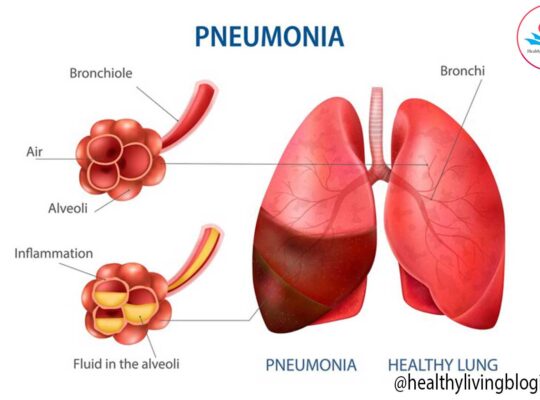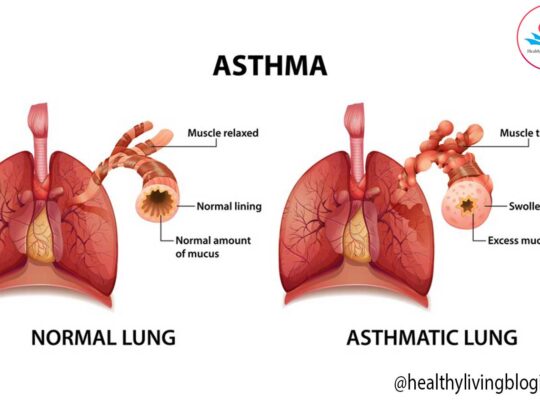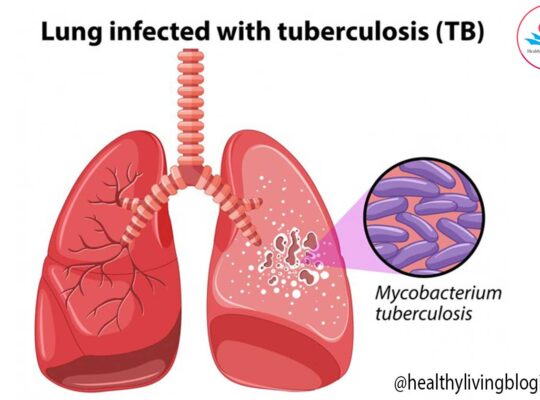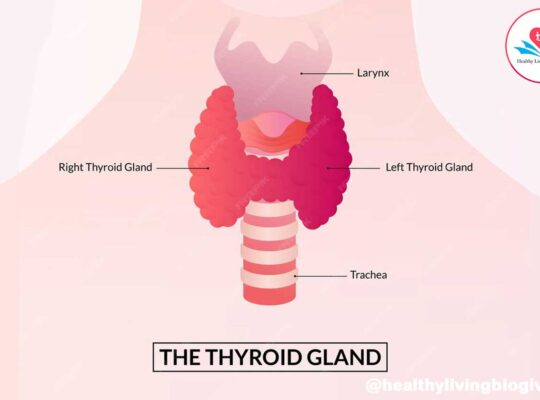Pneumonia
Pneumonia is a lung infection that causes inflammation and fluid buildup in the air sacs of the lungs. It can be caused by various pathogens and can lead to symptoms like cough, chest pain, fever, and difficulty breathing. Treatment involves medications, rest, and supportive care. Preventive measures include good hygiene and vaccinations. Seek medical attention …










